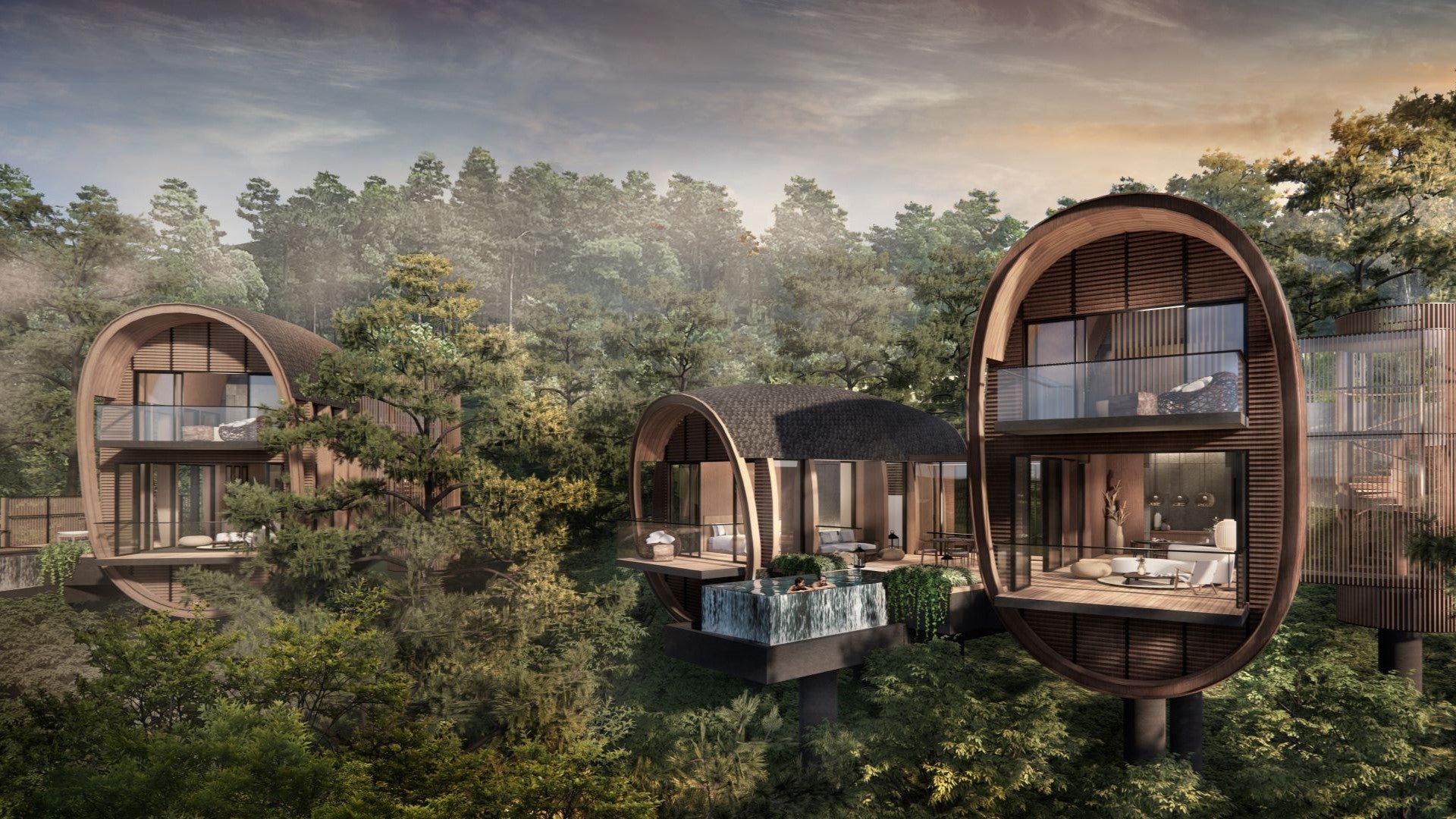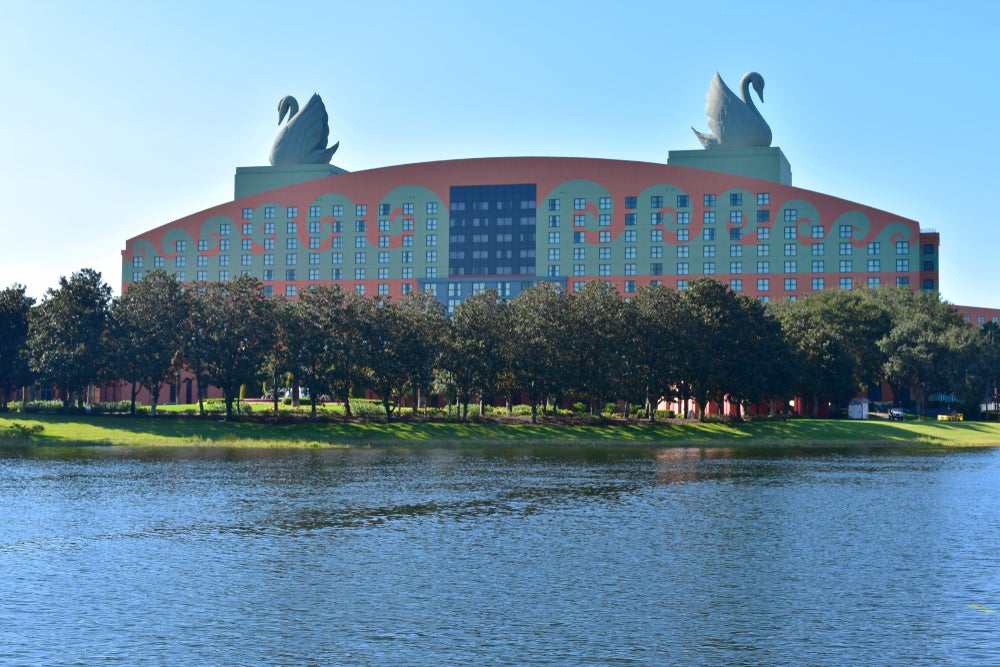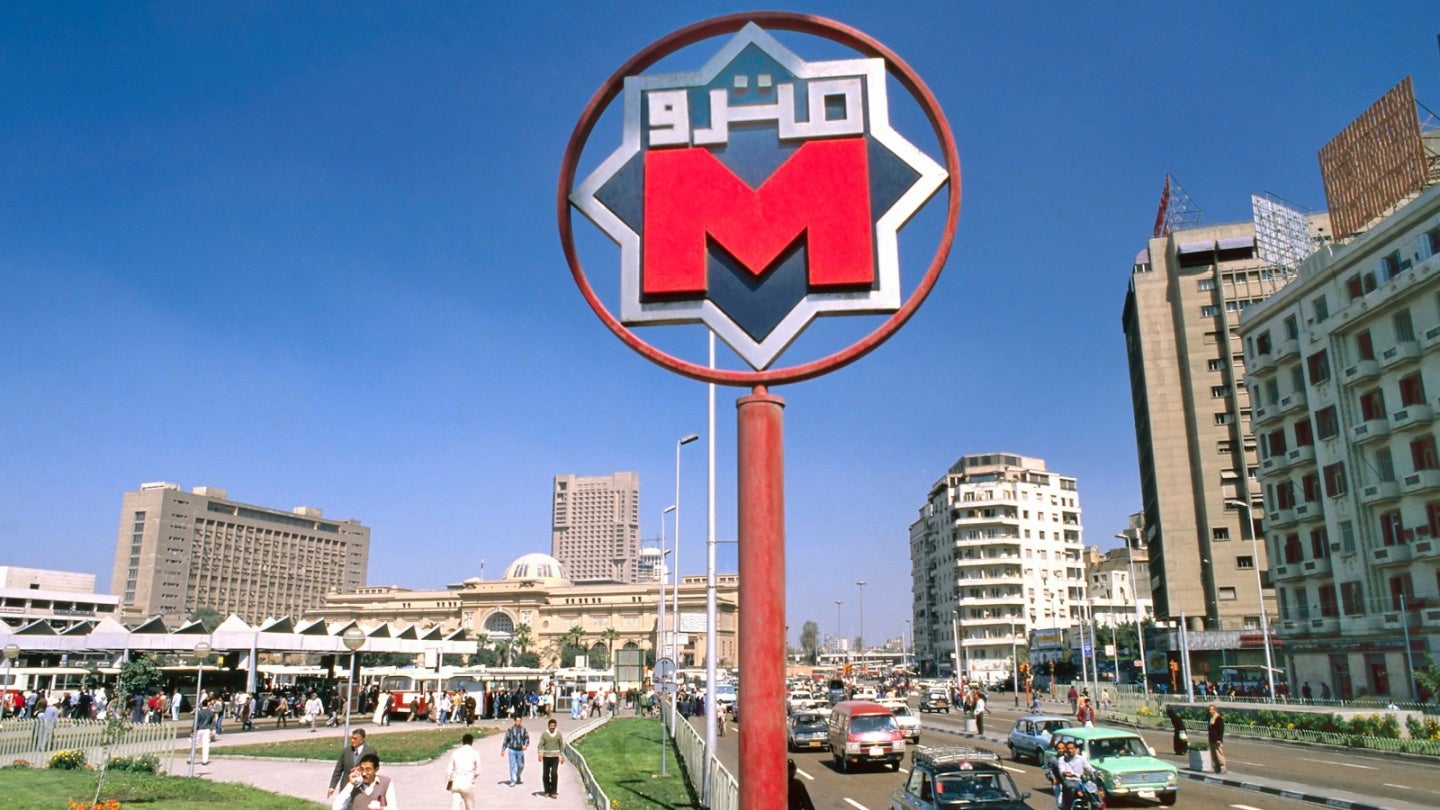
Travel and Tourism DECODED
Previous edition: 14 May 2024
Share article
Get the full version straight to your inbox.
Exclusive access to our best-in-class data & intelligence
Subscribe now
Hotel giants' ever-growing brands - why so many, and how are they managed?
By offering a range of brands for varying budgets and travel styles, hotels can capture a wider swathe of the market.

Travellers today face a dizzying array of hotel brands. From budget-friendly options such as Holiday Inn to the luxurious tapestry of Marriott's portfolio, the big hotel companies seem to be churning out new brands faster than ever.
But why the proliferation? And how exactly do these giant corporations manage such a vast network of properties?
Hotel Management Network dives into the world of brand proliferation in the hotel industry, exploring the reasons behind the trend and the intricate ownership structures that underpin it.
Market domination
The hotel industry is witnessing a period of consolidation. The top ten hotel chains – companies such as Marriott International, Hilton, the InterContinental Hotels Group (IHG), Hyatt and Accor – controlled a staggering 74.77% of the global market in 2022, according to Global Data, a leading data and analytics company.
This dominance allows them to leverage their brand recognition and loyalty programmes to attract guests, squeezing out smaller, independent players.
One key strategy the giants employ is brand proliferation. By offering a diverse range of brands catering to different budgets, travel styles and locations, they effectively capture a wider swathe of the market.
This approach allows the big players to cater to a range of needs under one corporate umbrella. It also mitigates risk – if economic downturns impact luxury travel, budget options can still perform well.
Marriott offers more than 30 brands under its umbrella. Its expansive portfolio encompasses everything from budget-friendly options such as Element by Westin to ultra-luxurious stays at the Ritz-Carlton.
IHG Hotels & Resorts, another major player, offers 19 brands, with a recent focus on adding luxury properties such as Six Senses Hotels Resorts Spas to an existing portfolio known for value-focused chain Holiday Inn Express and others like it.
Hilton has a collection of 22 brands catering to a variety of travellers' needs. These include established names such as Hilton Hotels & Resorts and Conrad Hotels & Resorts, alongside more recent additions such as Motto by Hilton, a micro-hotel brand targeted towards millennial travellers.
Accor, a European hospitality leader with a global presence, rounds out the group with a diverse portfolio of more than 50 brands, including luxury giants Raffles and Fairmont alongside midscale options such as Novotel and the budget-friendly chain ibis.
The sheer number of brands within each company's portfolio highlights the intense competition for guest loyalty in today's travel landscape. While offering a wider variety gives travellers more choice, it also presents challenges for hoteliers in effectively differentiating their brands and ensuring a consistent guest experience across their entire network.
The franchise model: owning the brand, not the bricks
While the sheer number of hotels under their banner might suggest otherwise, big hotel companies rarely own their physical properties themselves. Instead, they primarily operate under a franchise model.
In a franchise agreement, the hotel company (the franchisor) licenses its brand, operating system and loyalty programme to a third-party owner (the franchisee). The franchisee builds or acquires the hotel, manages day-to-day operations and pays the franchisor a fee for the right to use the brand.
This model offers several advantages for big hotel companies.
Firstly, it minimises capital expenditure. By focusing on brand development and royalties, they avoid the hefty costs associated with property ownership and management.
Secondly, it allows for rapid expansion. Franchisees take care of financing and development, enabling the brand to establish a nationwide, even global, presence quickly.
A spectrum of ownership: full control to loose affiliation
The franchise model isn't a monolith. There's a spectrum of ownership structures within the hotel industry. Here's a breakdown of some key variations:
Franchise agreements: the most common model. The franchisee has significant operational control but adheres to brand standards set by the franchisor.
Management agreements: the hotel company manages the property on behalf of the owner for a fee. The owner retains ownership but outsources day-to-day operations to leverage the brand's expertise.
Leases: the hotel company leases a property from an owner and operates it under one of its brands. This allows them to participate in the revenue stream without direct ownership.
Owned and operated hotels: less commonly, big hotel companies might own and operate a select number of hotels, often flagship properties or those in key strategic locations.
Brand consistency, local flair
One of the challenges of brand proliferation is maintaining brand consistency across a vast network of properties. Franchisees have a degree of autonomy, and ensuring they uphold the brand's standards is crucial.
Big hotel companies address this through stringent franchise agreements that outline operational guidelines, quality control measures and marketing requirements. They also provide support services such as training programmes and operational manuals to ensure consistency in guest experience.
But a completely uniform offering across all locations wouldn't necessarily resonate with travellers.
Savvy hotel companies allow for some local flair. Franchisees might have flexibility in adapting menus to reflect regional cuisine or incorporating local design elements into the hotel's décor. This allows the brand to maintain its core identity while acknowledging the value of local appeal.
The future of brand proliferation: more choice and nuance
The trend of brand proliferation in the hotel industry is likely to continue. As travel becomes more accessible to a wider range of demographics, there will be a growing demand for hotels that cater to specific needs and preferences.
Big hotel companies, with their vast resources and experience, are well-positioned to capitalise on this.
However, the future of this model might see a shift towards a more nuanced approach. We might see brands catering to even more niche markets, offering hyper-personalised experiences.
Technology could also play a bigger role in ensuring brand consistency across a geographically dispersed network.
Ultimately, the success of brand proliferation hinges on its ability to deliver value to both guests and franchisees.
Travellers seek a diverse range of options that cater to their specific needs, while franchisees require a successful brand model that provides support, drives bookings and delivers a healthy return on investment.
As the industry evolves, big hotel companies will need to strike a delicate balance between brand proliferation and brand differentiation to maintain their dominance in an increasingly competitive landscape.
The hotel industry's brand landscape is a complex ecosystem driven by market dominance, franchise models and the need to cater to diverse traveller needs. While brand proliferation allows big hotel companies to capture a wider market share, it requires careful management to ensure brand consistency and value for both guests and franchisees.
As technology and traveller preferences continue to evolve, the future of brand proliferation will depend on the ability of big hotel companies to adapt and innovate.
Latest news

Aresacquires Landsec's hotel portfolio in £400m deal
Real estate funds managed by Ares Management (Ares), in association with operating partner EQ Group, has purchased Landsec's hotel portfolio for £400m ($499.31m) in cash.

IHG expands Vietnamese portfolio with two new brands
IHG anticipates welcoming 18 million international visitors to Vietnam in 2024, driven by rising travel demand from neighbouring Asian countries.

Mews introduces new funding programme for hospitality businesses
The Flexible Financing programme offers transparent and capped rates while eliminating late fees.

Walt Disney World Swan & Dolphin Resort in Florida US agrees to refinance
Wells Fargo, Bank of America and Goldman Sachs provided financing for the 2,619-key resort in Lake Buena Vista.

Marriott selects Agilysys' InfoGenesis POS for US and Canada
InfoGenesis consolidates various transactional processes on a single, cloud platform, offering a unified purchasing experience.

Lufthansa CEO laments annoyance with Boeing delays
Lufthansa CEO Carsten Spohr described the Boeing situation as "annoying".

Cairo Metro opens final expansion of Line 3's third phase
The Egyptian Ministry of Transportation has begun trial operations of the Cairo metro network's latest expansion, with the first passengers travelling on the new section of Line 3.
In our previous edition

Travel and Tourism Decoded
Hyatt Hotels reports solid start to 2024 boosted by franchise growth
13 May 2024

Travel and Tourism Decoded
Marriott strengthens Canadian presence with leisure travel focus
10 May 2024

Travel and Tourism Decoded
Dnata and Minor Hotels partner to boost global travel offerings
09 May 2024
Newsletters in other sectors
Aerospace, Defence & Security
Banking & Payments
Construction
Foodservice
Medical Devices
Travel and Tourism
Search companies, themes, reports, as well as actionable data & insights spanning 22 global industries
Access more premium companies when you subscribe to Explorer


